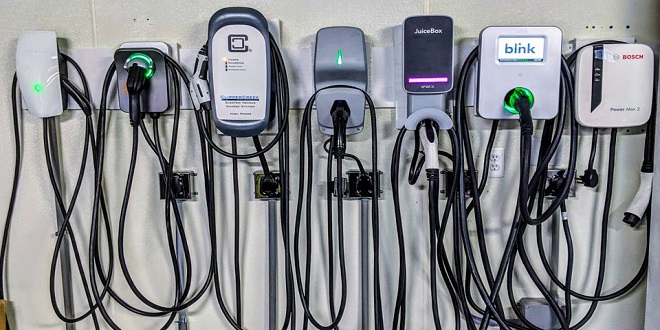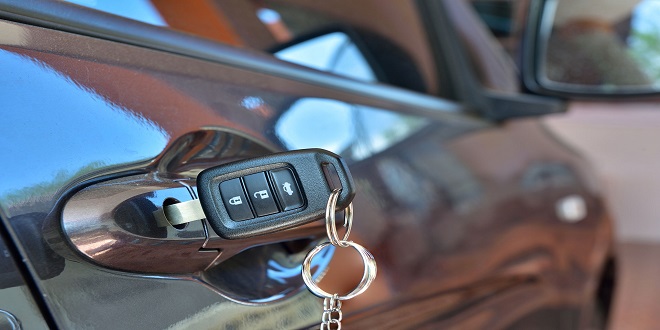Choose the best home electrical service ev chargers

There is a lot of confusion about home electric vehicle (EV) chargers these days. There is plenty of information available as more people go electric. This article will help you choose the right charger for you, and answer any questions you may have.
Charger Confusion
Because they are not compatible all EVs, EV home chargers may cause confusion. The Tesla Model X can be charged with the Tesla Wall Connector. This is a wall-mounted 240 volt charger that can also be used with a NEMA14-50 outlet.
This charger does not work with all EVs. You will need to purchase additional adapters if you want to use it with any other models. There are differences in plug types and compatibility between EV charger brands.
Charging requirements
There are many things you should consider when looking for an electric vehicle charger. It is important to consider where and how the charger will impact your home’s aesthetic. It is important to decide whether the charger should be portable or hardwired. Then there is the question of how much charge your car requires. Does it need a level 2 charger or a level 3 charger. Is it compatible with a CHAdeMO plug or not? Is it compatible with any of the other types of plugs?
One thing you should consider when looking for an electric vehicle charger is the type of charging your car requires. You need to be aware of the type of electricity that your car can take before you buy expensive equipment that isn’t worth it.
Electric Vehicle Chargers
Do you want to purchase an electric vehicle charger? This is the place for you. These are just a few of the many types of EV chargers that are available.
On-board Chargers (also known as on-board chargers): These are integrated into your car or truck so that they can charge the battery while you’re not plugged in. They can only charge a small amount at a given time and are not compatible with all EVs.
DC Fast Charger: This charger can charge your EV’s batteries faster than an onboard charger. This charger is typically used for when you are on the road and need to recharge your EV’s battery quickly before returning home or starting again.
AC Level 2 Charger. This charger can only be used with standard 120V AC Fast Chargers. It will charge your EV’s battery at your home or garage, without the need for special equipment or wiring upgrades (like DC Fast Chargers).
Electrical Systems
The Levels 1 and 2 are the most commonly found electrical systems in homes.
Level 1: 120V AC
This power can be found in your home’s outlet or attached to your walls. This is the power that powers small electronics such as lamps and appliances.
Level 2: 240V AC.
This power can be found in your dryer outlet, or attached to your walls. You can use it to power larger devices like electric stoves and washing machines.
Level 3: 480V+ DC
This power source is typically a solar panel or generator. It doesn’t need an external transformer to adjust its voltage before it’s sent into your home’s electric system.
Different Charging Stations
Level 1 Charging Stations
The cheapest and slowest charging stations to use are Level 1. These stations provide a small amount of power, which takes about 30 minutes to fully charge your vehicle. However, they can be connected to increase speed.
Level 2 Charging Stations
Although these stations are faster than Level 1 stations, they still need to be quicker than Level 3 stations. These chargers provide a range of 32km per hour and take 20 to 40 minutes for an electric car to be fully charged. These chargers can be installed in a home or office parking lot, making them ideal for commuters who need to charge their car overnight.
Level 3 Charging Stations
These chargers are the fastest available and can reach speeds of up to 128.7 kilometers per hour. These chargers are also more costly than Level 2 chargers, as they require more power and special equipment that must be installed by professionals.
Your vehicle and your use of it will determine the right charger.
You should be able to find the right charger for you vehicle now that you have all of the information. If you have any questions, don’t hesitate to reach out to an expert in electric vehicle charging.
Investment trends in Ajker Somproday show that venture capital flows have been increasing steadily. Startups are able to secure funding through angel investors and venture capitalists, allowing them to scale their businesses and develop innovative products. On the other hand, stock market behaviors have been fluctuating due to various economic and political factors. Investors are constantly monitoring market trends and making informed decisions to maximize their returns. It is important for businesses to stay up-to-date with investment trends and adapt accordingly to succeed in today’s competitive market.


